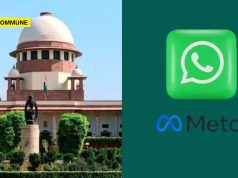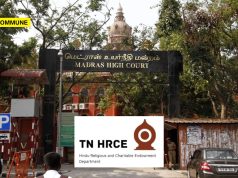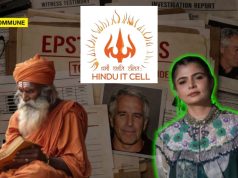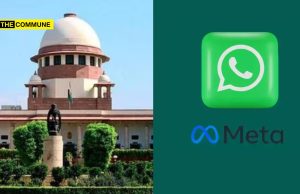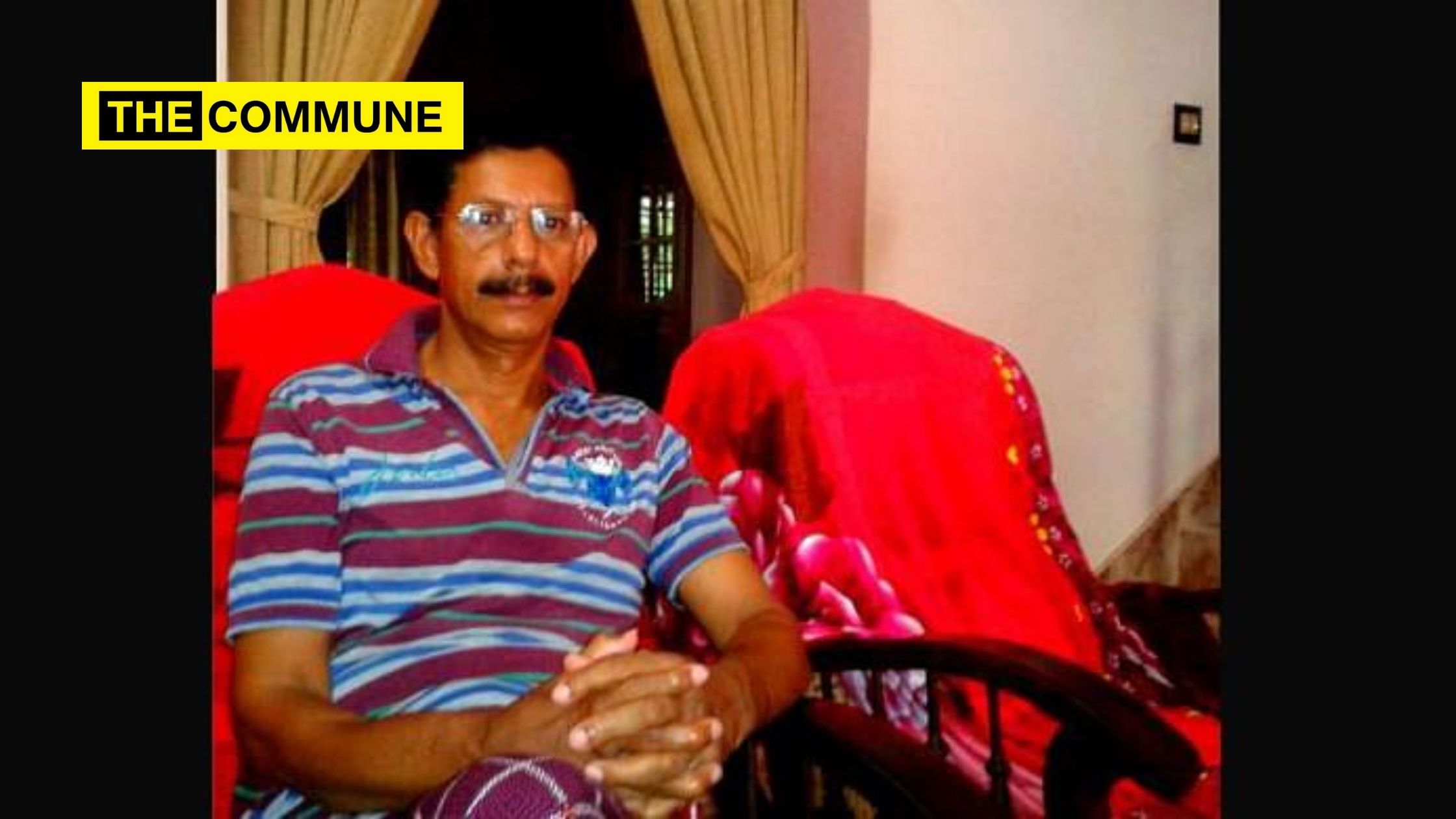
In a memoir that was recently translated from Malayalam to English, TJ Joseph, a college professor recounts his horrible ordeal after his hands were brutally chopped off by radical Islamists of PFI in 2010.
Joseph, after being accused of blasphemy, was attacked by radical Islamists belonging to the PFI. In his memoir, he narrates how everyone, including his church, college, friends, and neighbors, disowned him over the false allegations of blasphemy.
In an interview that he had given to the Sunday Times, Joseph said that punishing those persons responsible will bring justice. He also made it very clear that religious fundamentalism is the problem.
Joseph’s memoir – titled “A Thousand Cuts: An Innocent Question and Deadly Answers” – talks about the pain and suffering he endured over the allegations and attack. The book was first released in Malayalam in 2020 and the English translation was done by Nandkumar.
It all started in 2010 when Joseph was preparing a question paper for BCom second semester internal examination. He used the word ‘Mohammad’ referring to the writer PT Kunju Mohammed. However, Muslim radicals believed that he used the word intentionally to insult the Prophet, which then led to some jihadists chopping off his hand.
Joseph writes that though some people were sympathetic towards him, many still believed that the punishment he had gotten was for a crime he had allegedly committed.
He said, “I wanted to present the truth, and an autobiography was the ideal medium for it. Moreover, I wanted to reveal how insecure we are due to religious extremism. No one is safe in this country when such a situation arises.” Joseph said that religious harmony was “as ephemeral and vulnerable as cobwebs.”
However, what caused Joseph more pain was not the physical agony, but what the college management and church did to him. He said that the principal and management of Thodupuzha Newman College and his church supported him initially but in later stages, everyone left him. He was dismissed from service over the alleged blasphemy.
After his dismissal from the college, his church excommunicated his family, and pastoral letters were read in 120 churches in the Kothamangalam diocese against him. In those letters, the Church justified its action to disown him, which then led to his friends and family members not visiting his house due to the church’s reach into their own lives.
He said, “My attackers were blinded by fundamentalism, and they gave me only physical pain. But what my own people did to me was even worse as it affected my family and me in all ways.”
But the worst came in 2014, when his wife Salomi committed suicide. He said that depression brought on by the lack of income, legal expenses, and continuous harassment had caused her to take the extreme step. There were some well-wishers who had continued to support him, but his wife’s mental state kept deteriorating.
On March 19, 2014, after she returned had home from a session with a psychiatrist, Salomi committed suicide. His wife’s suicide caused a public outrage, forcing the college to reinstate Joseph but only two days before the date of his retirement.
He said, “Losing her was hard for me and what was painful was the fact that she could not see me back in the job, which was her biggest wish.”
It is ironic that the very Church that he once depended but had abandoned him to prove its secular credentials during his time of need is now openly coming out and talking about the peril of Love Jihad.
Click here to subscribe to The Commune on Telegram and get the best stories of the day delivered to you personally.

